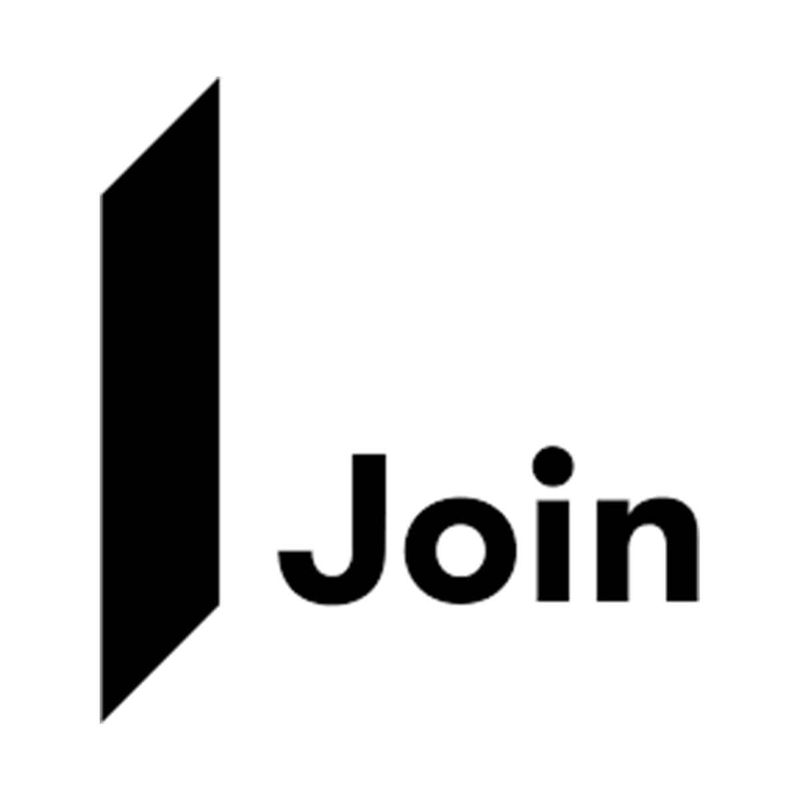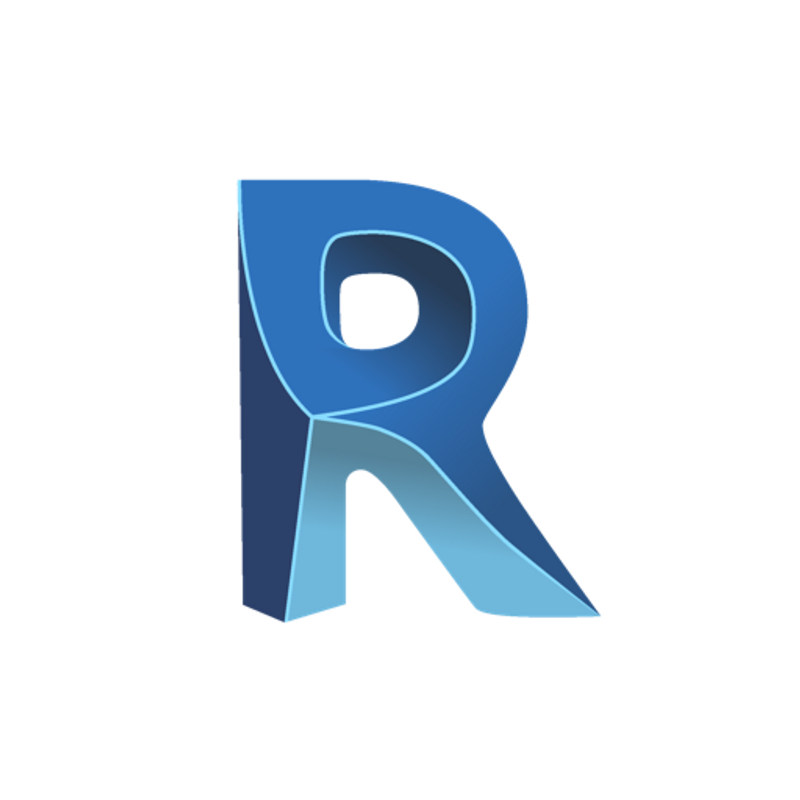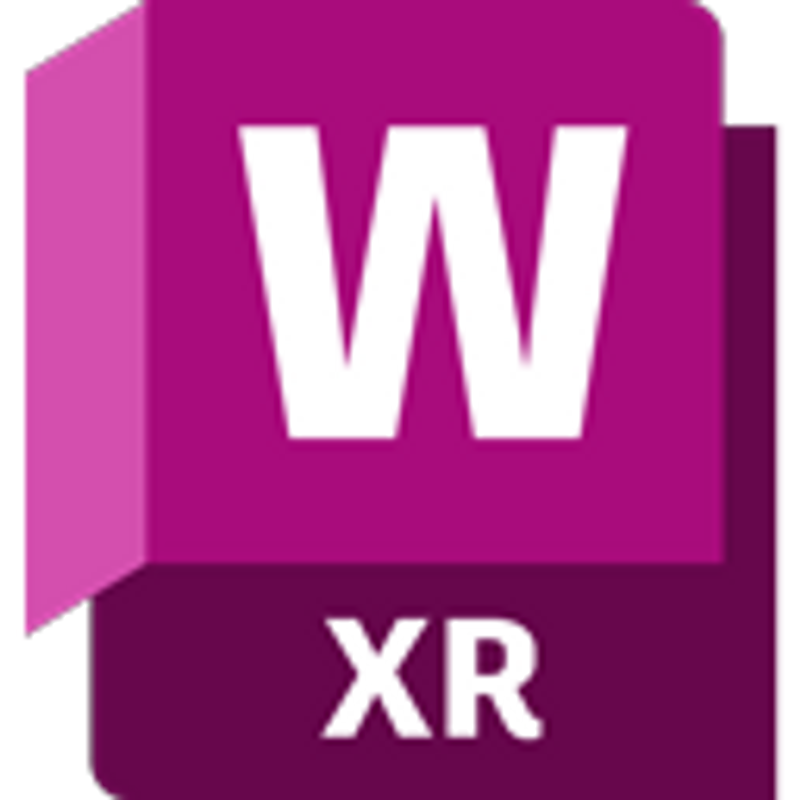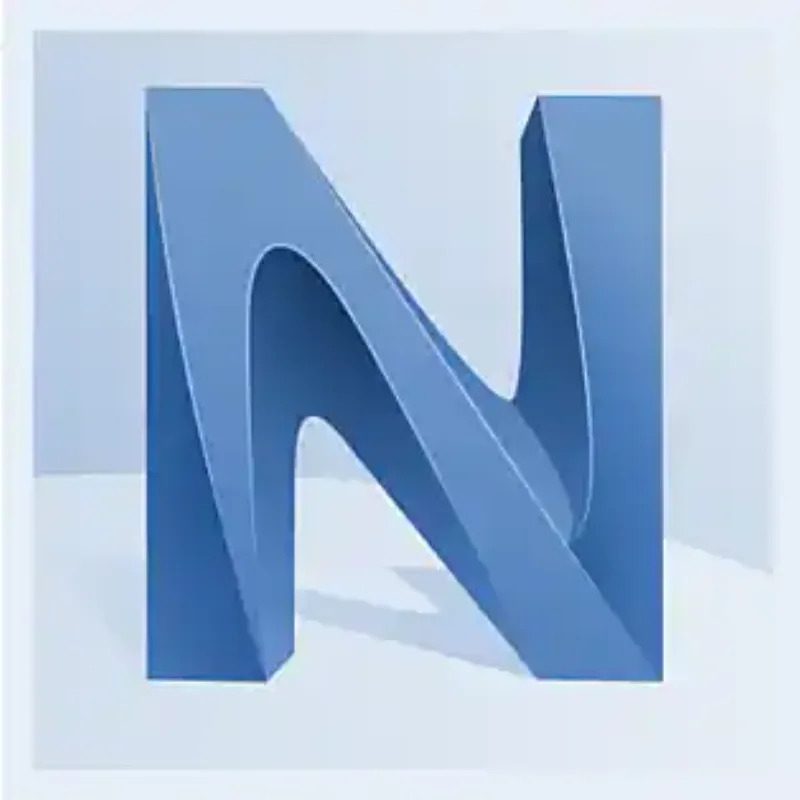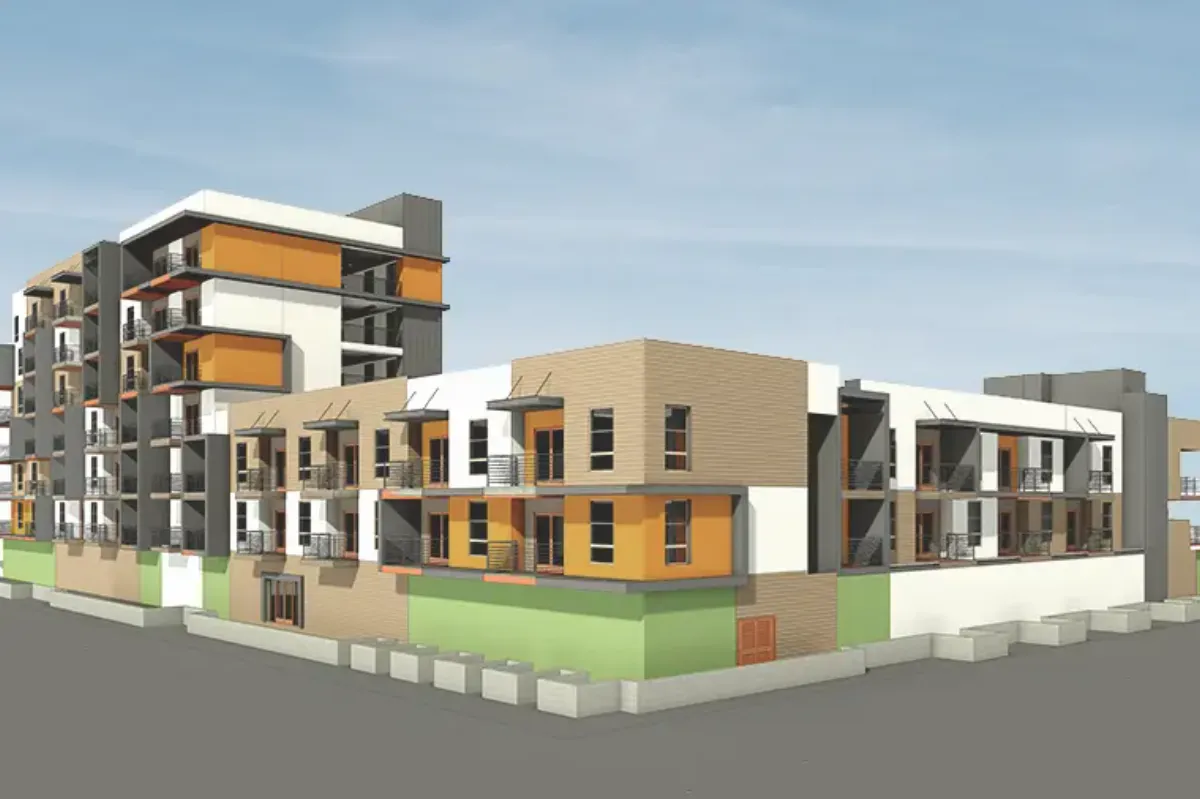Stantec Enhances Design Team Efficiency

Case Study Description: In June 2017, Stantec acquired RNL, a Denver-based, 134-person integrated architectural, interior, landscape, and urban design firm. For several years, RNL has been a user of IMAGINiT Clarity which works with Revit to allow project teams to access data, automate tasks, and provides project and model level analytics.
Key Facts
View key facts for "Stantec Enhances Design Team Efficiency".
Tools Used in the Case Study
Discover which tools and technologies were used for "Stantec Enhances Design Team Efficiency".
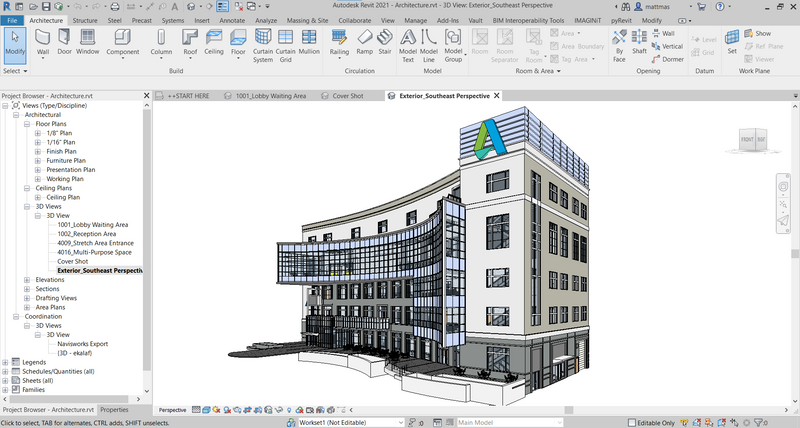
IMAGINiT
IMAGINiT is an Autodesk products reseller, and creates software that support Autodesk products
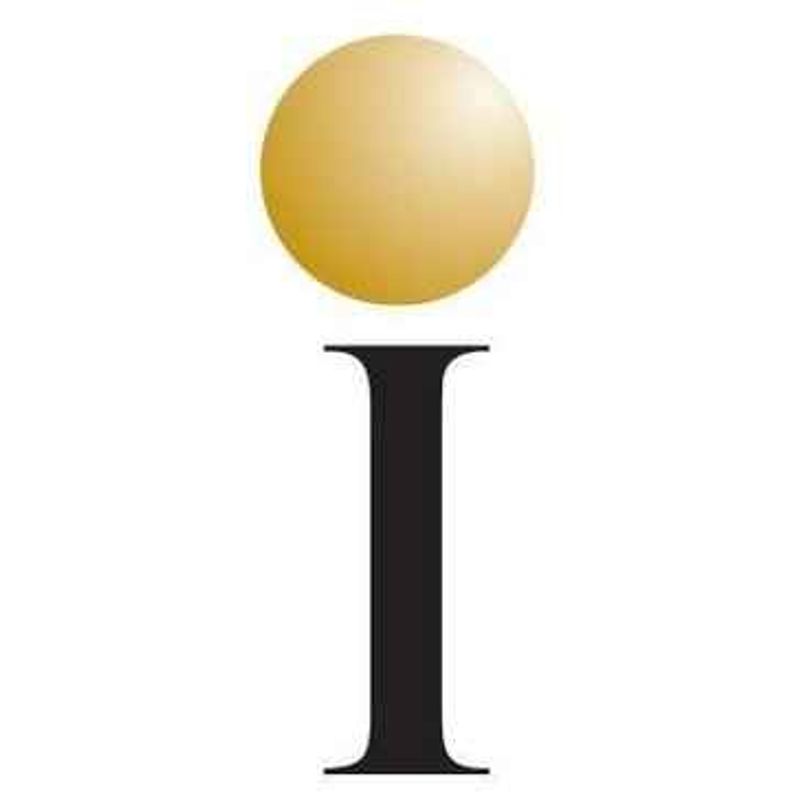
User Experience
View user experience for "Stantec Enhances Design Team Efficiency".
The Challenge: Enhancing Team Efficiency on Large Projects Stantec’s Denver, Los Angeles, and Arlington, VA offices regularly engage in various large-scale projects ranging from urban design to workplace, civic, transit facilities, higher education, and mixed-use facilities. These long-term projects are complex when it comes to creating, publishing, and sharing models and drawings. In 2014, Ian Roth, regional BIM manager, recognized the need for project teams to manage their time more efficiently. Automating tasks like generating PDFs, as well as copying files, publishing Autodesk® Navisworks® and Autodesk® Revit® models, and CAD drawings would allow the team to recoup a significant amount of time
-
-
What Happened Next: Implementing and Using IMAGINiT Clarity Roth was familiar with IMAGINiT Clarity and its automation capabilities, and thought it would be a good fit for Stantec’s needs. “We didn’t seriously consider any other solution, because no other product can do what Clarity does at scale,” Roth noted. Implementing IMAGINiT Clarity was straightforward and Roth began introducing the solution to teams working on large-scale projects. “Once teams use Clarity, they love it and get hooked on it, because it lets them focus on high-value tasks by automating the low-value ones,” said Roth. Stantec uses IMAGINiT Clarity in three key ways: ■ Enhanced Collaboration. Thanks to IMAGINiT Clarity automation, files can be dropped into specific shared folders within Newforma, which is Stantec’s project management solution. Newforma then shares those files with Stantec consultants. In addition, files shared from Newforma can be automatically imported through Clarity for use by designers. ■ Improved Efficiency Through Automation. With IMAGINiT Clarity, Stantec’s project teams can automate the publication of Navisworks files, PDFs, and CAD drawings. Clarity is also used for weekly posting of Revit models. “Our users hit the button, keep working, and pick up their results later,” said Roth. ■ Streamlined File Cleanup. Stantec has extended IMAGINiT Clarity by sequencing tasks and running an internally developed custom batch routine. Clarity automatically runs the script, cleaning up an output folder, and renaming files to conform to project standards. Stantec initially advised users to run IMAGINiT Clarity overnight, due to concerns about how the system would impact the network. This concern turned out to be unfounded. “We now run Clarity at all times of the day and it’s been no problem at all,” noted Roth. Currently, Stantec’s Denver, Los Angeles, and Arlington, VA offices have approximately six projects using Clarity.
-
-
Similar Case Studies
View similar case studies to "Stantec Enhances Design Team Efficiency".

